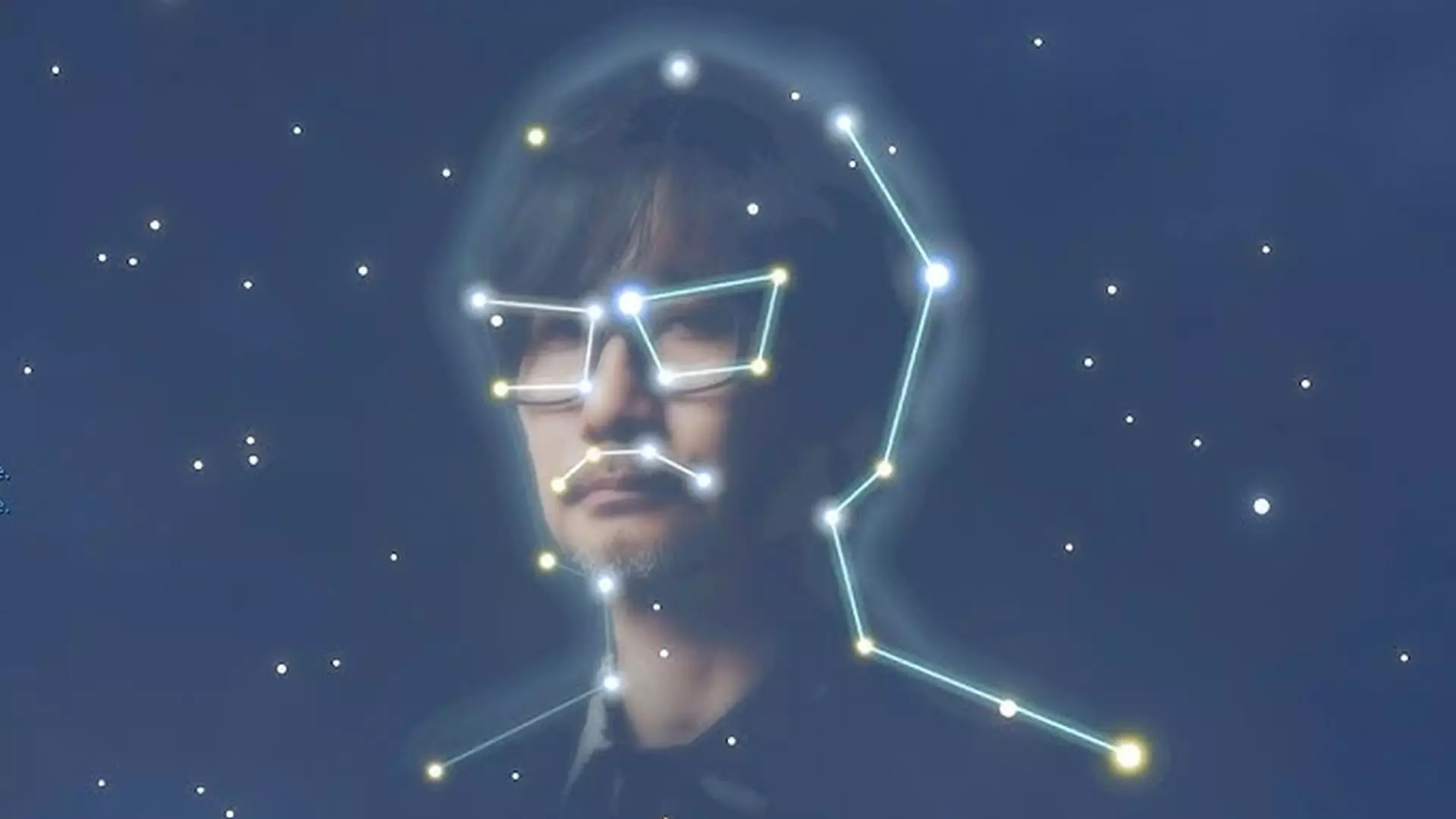In recent years, a new form of escapism has emerged among the world’s wealthiest celebrities and innovators: the aspiration to venture beyond Earth’s atmosphere. For figures like Hideo Kojima, a master storyteller known for bending reality and exploring complex narratives, this desire to reach the cosmos raises profound questions. While the romanticism of space beckons, it is crucial to examine not only the pragmatic risks but also the potentially destabilizing psychological effects such journeys could have on intense creative minds.
Kojima’s public declaration of wanting to go to space epitomizes a broader obsession among tech moguls and entertainment moguls to experience the universe firsthand. For many, it’s a badge of bravery, adventure, or status. Yet beneath this veneer lies a dangerous misconception: that the trip will be purely exhilarating or enlightening. History offers a stark counterpoint. The testimonies of astronauts like William Shatner reveal a disconcerting emotional tumult, where the grandeur of the cosmos exposes the fragility and insignificance of human life. These journeys may offer spectacle, but they also strip away illusions, revealing unsettling truths about our planet’s vulnerability and our own psychological vulnerabilities.
The Impact of the ‘Overview Effect’ and Its Potential Dangers to Creativity
The famed ‘Overview Effect’ describes that profound transformation astronauts often report upon witnessing Earth from space. They describe feelings of interconnectedness, guilt over environmental destruction, and an existential reevaluation of human priorities. It’s a moment of clarity that can inspire awe or despair. For most, this epiphany leads to a deeper appreciation of our planet; for some, it results in a transcendent understanding that reshapes their worldview.
However, for a deeply intense and emotionally susceptible individual like Kojima, exposure to such cosmic realities could be overwhelming. His penchant for intricate storytelling and obsession with the surreal might not handle this well. Historically, figures like Shatner and other space travelers have expressed a sense of grief and dread upon returning—a visceral reaction to the realization of Earth’s fragility. One might speculate that Kojima’s creative genius, already under strain from complex narratives, could be unhinged by the scale of cosmic grief. Instead of emerging inspired, he might be consumed by feelings of cosmic nihilism, which could manifest in his work as chaos rather than insight.
This is not purely speculative; profound emotional shifts can have devastating effects on mental health. The risk that Kojima might return from space with a warped perspective—potentially fueling darker themes or supervillain archetypes—is a real concern. His recent endeavors suggest he revels in ambiguity and dystopia, but an encounter with the universe’s vast indifference may push his imagination toward unsettling extremes.
The Ethical Dilemma: Should Humanity Condom Space Travel for Creative Souls?
Beyond individual risk, there is an ethical debate: should society permit highly sensitive and creative individuals to undertake journeys that could fundamentally alter their mental states? As the rich prepare to indulge in space tourism—often at the expense of planetary sustainability—one must question whether adventurers like Kojima, with their complex psyches, are suitable candidates for extraterrestrial travel.
The allure of space is increasingly commodified, but the true cost may be emotional and psychological wellbeing. It’s one thing to see a planet from afar; it’s another entirely to grapple with the existential truths unveiled in that celestial view. For people like Kojima, whose art often navigates themes of death, rebirth, and chaos, the cosmic experience could be a tipping point into mental instability.
Furthermore, allowing such journeys might send a dangerous message: that exploration is a whimsy for the wealthy rather than a serious, cautious endeavor. If we do not carefully consider the mental health of those venturing into space, we risk creating a class of individuals at risk of profound psychological fracture. Kojima’s case exemplifies how a desire to explore can mask deeper, unspoken fears about mortality and insignificance—fears that could be exploited or worsened by actual space travel.
Why We Should Channel Our Cosmic Curiosity Into Earthly Preservation, Not Self-Destruction
Instead of incentivizing reckless pursuits that could damage the fragile mental and emotional state of visionary creators like Kojima, perhaps the focus should shift inward. Humanity’s true challenge is not just reaching space but understanding how to care for our home planet and each other more responsibly.
Kojima’s fascination with cosmic themes mirrors a deeper human curiosity about our origins, purpose, and mortality. While exploration has historically expanded our horizons, it should not come at the expense of emotional stability. Space can be a mirror reflecting our deepest fears and aspirations—if navigated carefully. But as long as space tourism remains a playground for the ultra-rich, it risks commodifying a realm that requires emotional resilience most of us lack.
If we desire true progress, our energies might be better spent on solving earthly problems—climate change, inequality, mental health—rather than chasing illusions of grandeur in outer space. It’s these human vulnerabilities, explored through the lens of storytelling and art, that demand attention far more than the icy vastness of the cosmos.
In shedding light on the dangerous allure of space for overly sensitive minds, we must ask: Are we enabling a future where creativity is corrupted by cosmic trauma? Or can we find a way to respect the vastness beyond without losing ourselves in it? That choice, ultimately, defines what kind of humanity we want to be.

